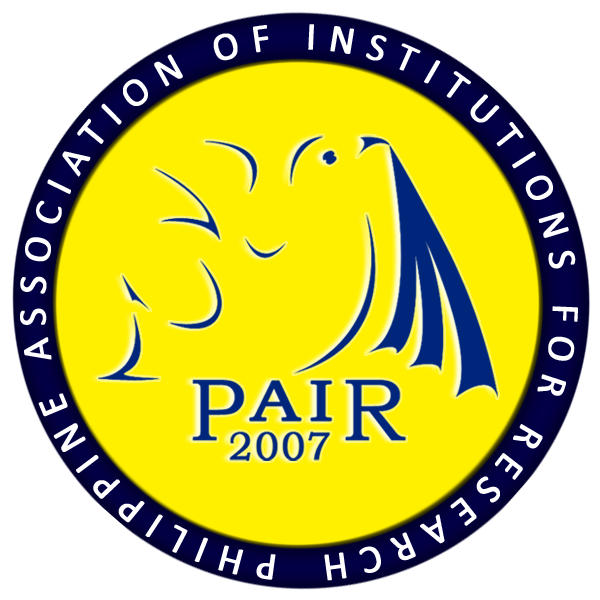Educational Website Utilization and Teacher Job Performance: Evidence from a Public Elementary School Cluster in a Rural Island Province in the Philippines
DOI:
https://doi.org/10.7719/irj.v24i1.952Keywords:
Educational Websites, Teacher Job Performance, Technology Acceptance Model, Digital Instructional Tools, quantitative-correlational, PhilippinesAbstract
This study explored the use of educational websites and their relationship to the job performance of public elementary school teachers in Sagay, Camiguin. Anchored on the Technology Acceptance Model (TAM), the study adopted a descriptive-correlational design involving complete enumeration of 61 teachers from seven elementary schools. Data were gathered using a validated questionnaire. Findings revealed that educational websites were widely used, especially for professional development and curriculum integration. However, their use for assessment and feedback remained moderate. Despite the high level of usage, Spearman’s rank correlation showed no significant relationship between website utilization and job performance, with only 2.7% of performance variation explained by website use. Further analysis using Kruskal-Wallis and regression tests found no significant influence of demographic factors such as age, teaching experience, and educational attainment on website utilization. Most teachers received an “Outstanding” performance rating, indicating that factors beyond website usage contribute to job performance. These results suggest that while educational websites support teaching, their measurable impact on performance is limited without addressing broader pedagogical, infrastructural, and institutional factors. To address this gap, an action plan was proposed to enhance the integration of educational websites, particularly in assessment practices, with stronger institutional support aligning with the goals of SDG 4: Quality Education.
References
Abubakar, H. (2018). Impact of internet technology usage on job performance of senior secondary school teachers in kaduna state Nigeria. International Journal of Curriculum and Instruction, 10(2), 152-167.
Adeola, K. L. (2022). Social Media Utilization and Entrepreneurial Intention of Business Education Undergraduates in Ogun State. AAU Journal of Business Educators, 2(1), 25-31.
Aksin, A. (2023). Examining the factors related to the technological pedagogical and content knowledge levels of preservice social studies teachers. Sage Open, 13(4), 21582440231208557.
Published
Issue
Section
License
Copyright (c) 2025 Geraldine B. Salinas, Gerlie D. Cutab

This work is licensed under a Creative Commons Attribution-NonCommercial 4.0 International License.








